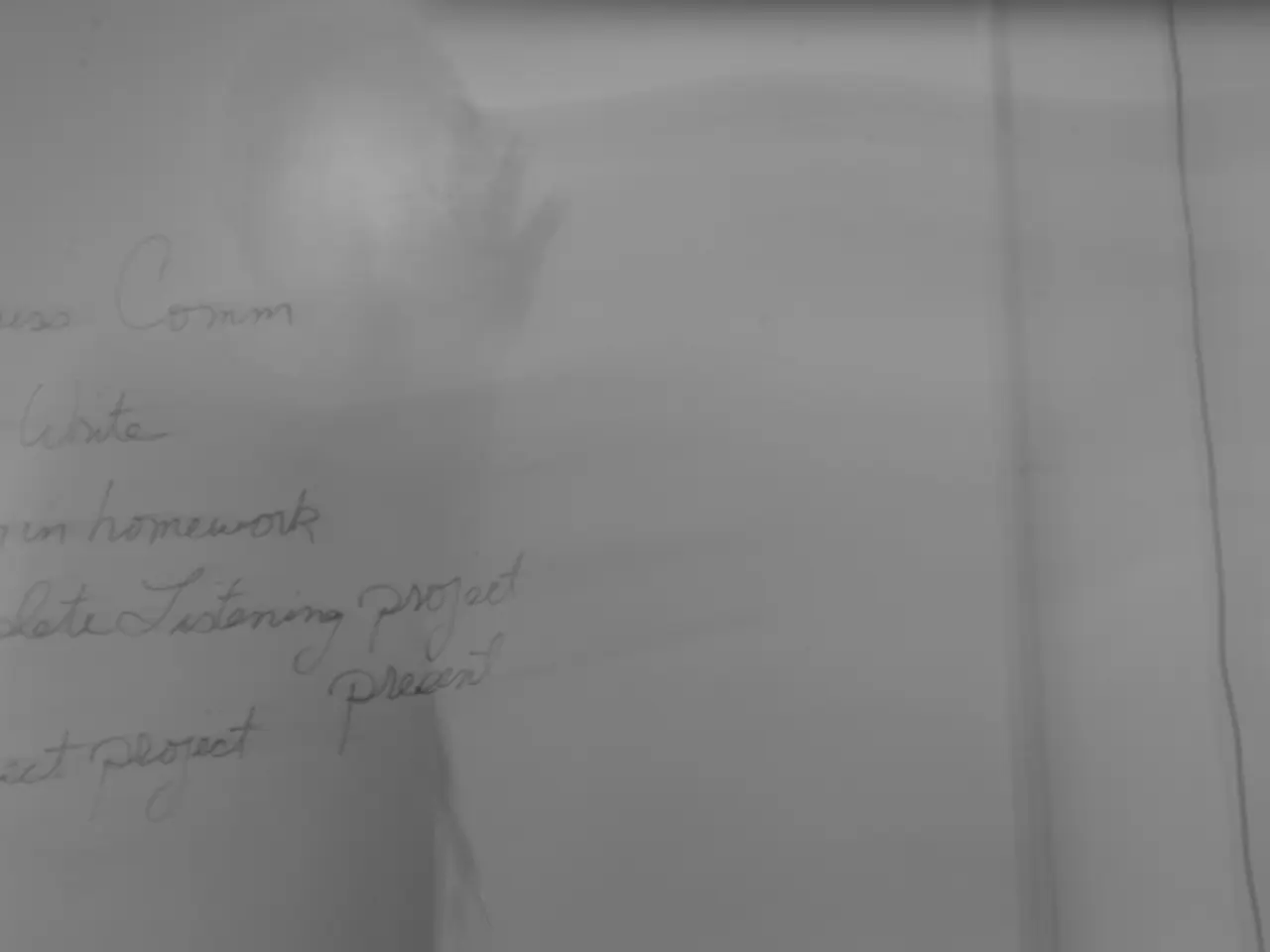Estonia's prime minister confirmed no intentions of acknowledging Palestine as a sovereign state
In a move that signals a careful approach to the Israeli-Palestinian conflict, the Estonian government appears to be pursuing a rapprochement with Israel. This stance, expressed by Prime Minister Kristen Michal, is based on the belief that no state in the world should be additionally recognized[1].
Amidst other EU countries moving towards recognition, Estonia's position stands out. Fifteen states, including Canada, have announced plans to recognize the state of Palestine at the UN General Assembly in September[2]. However, Estonia does not plan to follow suit. Prime Minister Michal emphasized that the conditions to formally recognize Palestine are not met at this time, adhering to Estonia's long-standing position supporting a two-state solution[1].
Estonia's stance reflects its alignment with more moderate EU members and its desire not to disrupt fragile diplomatic balances. This position diverges from countries like France, Finland, Ireland, Spain, and Slovenia, which have recently taken steps to officially recognize Palestine[3].
The potential implications for European unity include possible tensions within the EU, as member states differ on Palestinian recognition. Estonia's stance, representative of a faction wary of unilateral moves without a negotiated peace agreement, could be seen as maintaining cohesion with pro-Israel and US partners who oppose such recognition outside of peace talks[1][3]. However, divergent approaches by EU members may complicate presenting a unified EU foreign policy on the Israeli-Palestinian conflict[3].
Regarding relations with Israel and the United States, Estonia's refusal to recognize Palestine likely supports continued positive bilateral ties, as both Israel and the US have criticized recognition moves by some EU countries[1][4]. This alignment with US and Israeli positions potentially strengthens those relationships.
It is important to note that the specific nature of the Estonian government's actions towards Israel or the United States is not specified in the text. Furthermore, the Estonian government's actions are not directly related to the recognition of Palestine by other states.
In the context of the critical humanitarian situation in Gaza, Estonia's actions within the EU are focused on addressing this issue, but the text does not provide evidence that these actions are in response to the situation in Gaza.
In summary, Estonia’s non-recognition stance is based on the absence of a Palestinian state per its view, preserving its alignment with the US and Israel, and reflecting cautious EU diplomacy that could influence EU unity on the Middle East question.
- In the midst of war-and-conflicts, such as the Israeli-Palestinian one, Estonia's policy-and-legislature appears cautious and strategic, as they abstain from recognizing Palestine in the UN General Assembly, maintaining alignment with the US and Israel.
- Amidst general-news reporting on the question of Middle East peace, Estonia's stance on the Israeli-Palestinian conflict has become a focal point due to its divergent approach compared to other EU member states, signaling its preference for politics that prioritize diplomatic cohesion over unilateral recognition.





